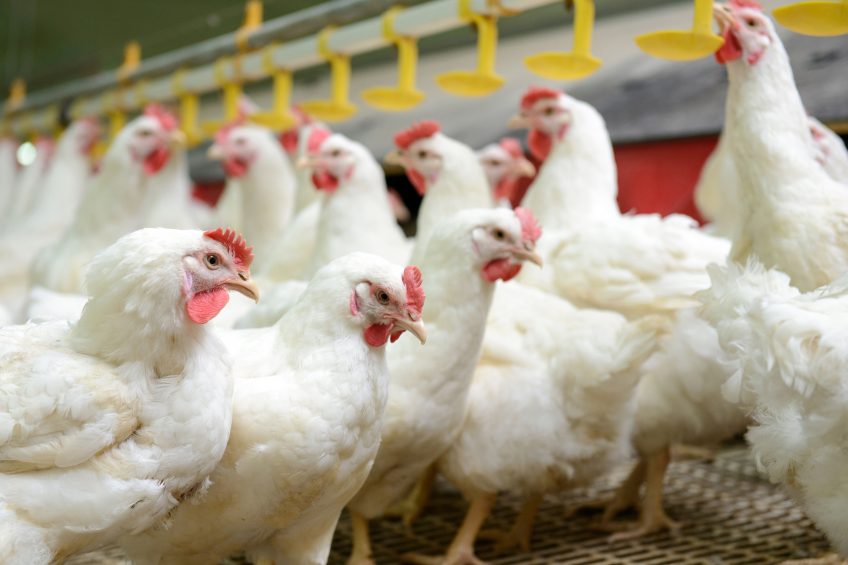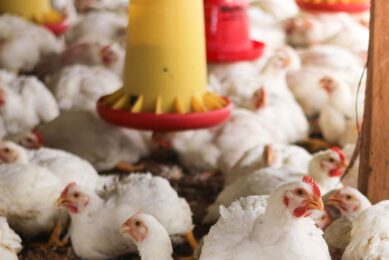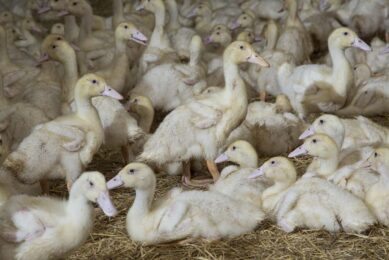Govt lawyers speak of legal challenge AI presents

Lawyers from the Government’s Legal Department (GLD) have highlighted their role in using legislation for the first time to combat the spread of avian influenza.
They have cited the decision by the Defra Secretary of State Andrea Leadsom to declare an Avian Influenza Prevention Zone. It was the first time since its creation in 2006 that this power has been used.
The Prevention Zone Declaration requires all poultry in England to be kept separate from wild birds by netting or through being rehoused.
Richard Vidal, who led the GLDs Disease Outbreak team said: “This was a very challenging situation as it was the first time a Prevention Zone had been introduced.”
The Prevention Zones has been extended until 30 April and adjusted to create two different disease risk areas:
• All poultry in higher risk areas have been to be housed or fully netted to prevent wild bird access.
• All other poultry (75% in England) can be allowed to range free but strict biosecurity measures need to be put in place.
It is the higher risk areas issue that is concerning some producers. Mark Williams, British Egg Information Service chief executive, said that while the Prevention Zones were working, the whole system had not been an outstanding success.
“What is disappointing is that Defra chose to put higher risk areas in place and the devolved did not.
“The higher risk areas, which affect 20% of our flocks, ask farmers to house indoors or produce the equivalent of eight full-size football pitches of netting for the average flock.
“We have asked Defra to have a look at this but they have failed to innovate. We have asked the Department to look at the use of veranda-type housing but they have simply replied that this would be contrary to the Egg Marketing regulations.
Mr Williams said he had taken the issue up in Brussels with the European Commission, which had been supportive of veranda-style structures – common in other parts of Europe for housing free-range hens. These would have concrete floors and, in times of outbreak, solid roofs, to ensure the disease could not enter via wild bird droppings.
He added that it was important the issue was addressed by the Department ahead of Brexit.
Join 31,000+ subscribers
Subscribe to our newsletter to stay updated about all the need-to-know content in the poultry sector, three times a week. Beheer
Beheer








 WP Admin
WP Admin  Bewerk bericht
Bewerk bericht